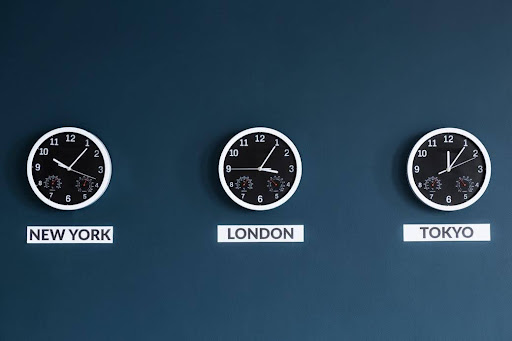Long haul journeys can be stressful and exhausting, particularly the lack of sleep, change of sleep pattern, the physical discomfort and disruption, alongside the changes to time zones and eating and drinking patterns.
You will also more than likely be surrounded by strangers; some may be unwell and passing on their germs.
The key to planning a long-haul journey is to travel in as much comfort and convenience as possible, with as little inconvenience and disruption as practical or affordable.
It is often hard to achieve the right balance, here is some useful tips for beating jetlag.
Prior To Your Trip
- Stay organised: Plan your itinerary to allow for gradual adjustment to the local time zone.
- Stay well-rested before your trip: Ensure you are well-rested in the days leading up to your journey to mitigate the impact of jet lag.
- Adjust your sleep schedule: Gradually shift your sleep and wake times to align with your destination’s time zone a few days before your trip.
- Speak to your Doctor: about taking short acting sleeping pills or natural remedies to reduce sleep loss and initiate sleep at a normal bedtime. Some people find relief from jet lag with natural remedies like melatonin supplements. Use sleeping pills and natural remedies cautiously, as they may not be suitable for everyone and consult with a healthcare professional before trying them.
- Stay hydrated: Drink plenty of water before, during, and after your flight to combat dehydration.
- Limit caffeine and alcohol: Both can disrupt your sleep patterns, so try to minimise consumption, especially close to bedtime.
- Avoid heavy exercise close to bedtime: While regular exercise is beneficial, intense workouts close to bedtime can disrupt your sleep.
- Avoid heavy meals: Large or heavy meals close to bedtime can disrupt your sleep, so opt for lighter options.
- Stay mindful of hydration and nutrition: Proper nutrition can impact your energy levels, so make sure to eat well-balanced meals.
- Choose flights wisely: Opt for flights that align with your destination’s local time, making it easier to adjust upon arrival.
- Bring comfortable sleep aids: Pack an eye mask, earplugs, and a neck pillow to create a more comfortable sleep environment.
- Use sleep apps: Consider using apps that provide white noise or calming sounds to help you relax and sleep better.
During Your Trip
- Get sunlight exposure: Crossing time zones rapidly can cause fatigue and sleep disruption. Correctly timed exposure to daylight or bright light can help Spend time outdoors in natural sunlight upon arrival to help you to regulate your body’s internal clock and to adjust to your new time zone faster.
- Stay awake until local bedtime: Resist the urge to nap upon arrival and try to stay awake until it’s bedtime at your destination.
- Take short naps: Keep naps brief to avoid interfering with your regular sleep schedule.
- Stay active: Engage in light physical activity to help reduce fatigue and improve sleep quality.
- Stay connected: Keep in touch with loved ones back home to maintain a sense of connection and support.
- Create a comfortable sleep environment: Choose a dark, quiet, and cool room to promote better sleep.
- Be patient: Allow yourself time to adjust, and don’t be too hard on yourself if it takes a day or two to fully acclimate to the new time zone.
Jet lag is an inevitable part of long-haul travel, but with thoughtful preparation and smart strategies, its effects can be significantly minimised. By staying organised, making healthy choices, and gradually adjusting to new time zones, you can enjoy a smoother transition and make the most of your trip.
Remember, everyone adjusts at their own pace, so be patient with yourself. A well-planned approach not only helps prevent jet lag but also ensures that you arrive at your destination feeling refreshed and ready to embrace your adventure.

